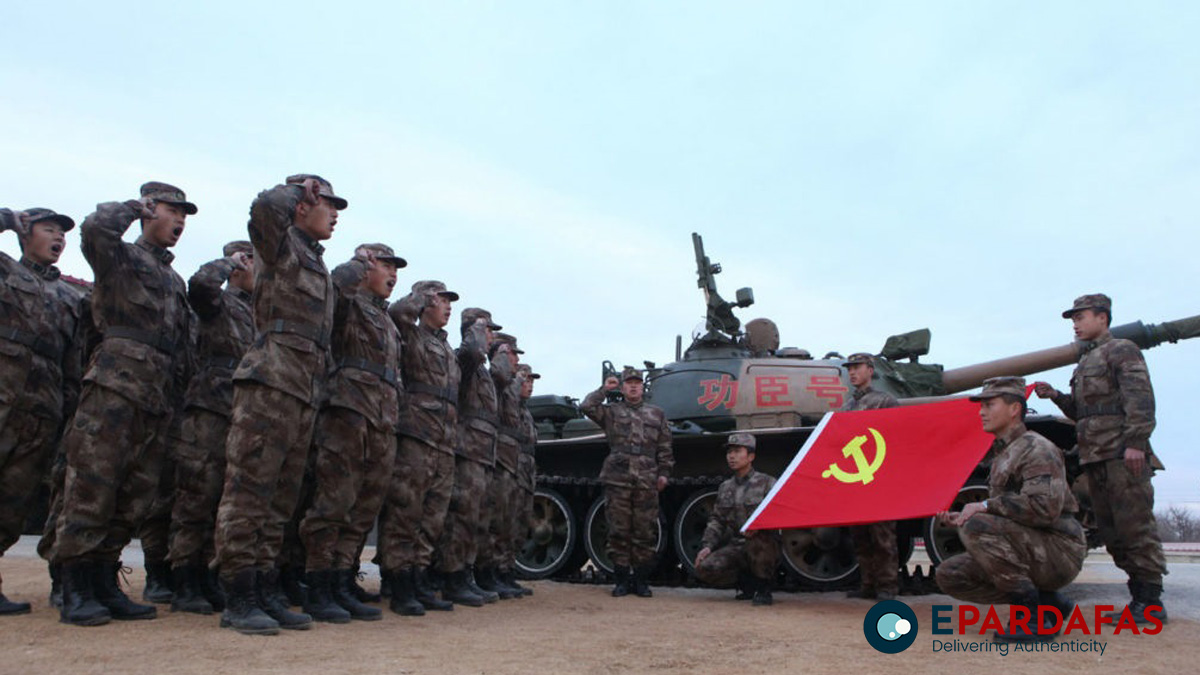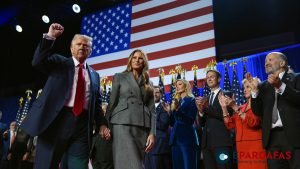
China’s Ambitious Military Moves to Undermine U.S. Influence Revealed in Congressional Report
Washington D.C., November 15: China’s communist regime is strategically training and arming foreign militaries as part of an overarching plan to bolster its global standing and diminish U.S. influence, reveals the 2023 annual report from the U.S.-China Economic and Security Review Commission (USCC). The report, released on November 14, underscores China’s intent to replace the United States and take the lead in the global security order.
The Chinese leadership is orchestrating various military activities with foreign security forces, including bilateral and multilateral engagements, functional exchanges, port calls, exercises, and arms sales. The report sheds light on China’s efforts to leverage its military strength not only for combat readiness but also to project a positive image globally, at the expense of U.S. influence.
“China orients many of its interactions with foreign militaries around undermining U.S. leadership of international security affairs,” states the report. It highlights China’s usage of military exchanges not only to acquire combat-relevant skills and practice power projection capabilities but also to gather intelligence and promote its geopolitical agenda.
One concerning aspect outlined in the report is China’s arms sales to internationally sanctioned nations, including Iran, a state-sponsor of terrorism. The report mentions that China provides arms to authoritarian regimes and nations accused of human rights abuses, violating UN embargoes in the process. China’s arms exports have significantly increased over the last two decades, making it the world’s fourth-largest exporter of military equipment.
The Chinese Communist Party (CCP) is employing its military delegations to gain political advantages in international forums, influencing discussions on global security. The report highlights China’s participation in military exercises, its pursuit of overseas military bases, and its collaborations with authoritarian powers. Despite facing limitations in military compatibility with foreign forces compared to the U.S., China counters with lower prices and the ability to train large numbers of foreign students.
Russia remains a crucial military partner for China, with the two nations engaging in joint military exercises and sharing advanced military technologies. The report concludes that while China aims to enhance its global reputation through international military exercises, its aggressive behavior in regional conflicts, particularly in the South China Sea, undermines its own efforts.
The USCC report recommends that Congress receives classified briefings on China’s efforts to train and equip foreign militaries, along with measures taken by the Pentagon to mitigate associated risks. The revelations in the report indicate the complex dynamics at play in the global military landscape and the strategic competition between China and the United States.














Comments